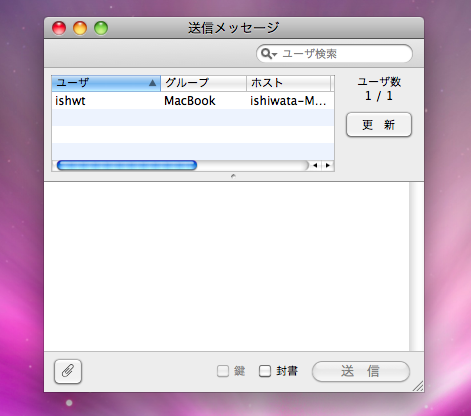

Of course, everything syncs across the mobile and desktop versions of the app, and you also get the ability to chat with any of your friends or family members who already have Facebook accounts, although strictly speaking it’s not necessary to have an active Facebook account to use Facebook Messenger. One of the obvious benefits of a desktop app is that you’ll be able to get more reliable group video calls on a larger screen, but Facebook also adds that you’ll get better support for multitasking and notifications, both of which were sort of possible when using Facebook in Safari or another browser, but should be much more robust in a standalone native app.

#Mac messenger for mac for mac
The new Messenger app for Mac offers unlimited and free group video calls, so it’s a good alternative to other services like Zoom, which is struggling to address several privacy and security issues, or even FaceTime, which as we reported earlier this morning is having some problems of its own as a result of the iOS 13.4 update.īy comparison, Facebook Messenger promises to offer video chats for up to 50 participants with no specific time limits, whereas FaceTime maxes out at 32 people - and presents them in a somewhat awkward floating view instead of a grid - and Zoom only allows for 40 minute group calls unless you’re willing to shell out $15/month for one of their paid plans.
#Mac messenger for mac windows
It’s a bit unclear whether today’s release was in Facebook’s original plans, but in announcing the new desktop app (which is available for Windows users too), Facebook noted that “over the past month, we saw more than a 100% increase in people using their desktop browser for audio and video calling on Messenger,” which isn’t surprising as more and more users began remaining home on their laptops and desktop PCs rather than using their iPhone, iPad, or other smartphone or tablet.


 0 kommentar(er)
0 kommentar(er)
